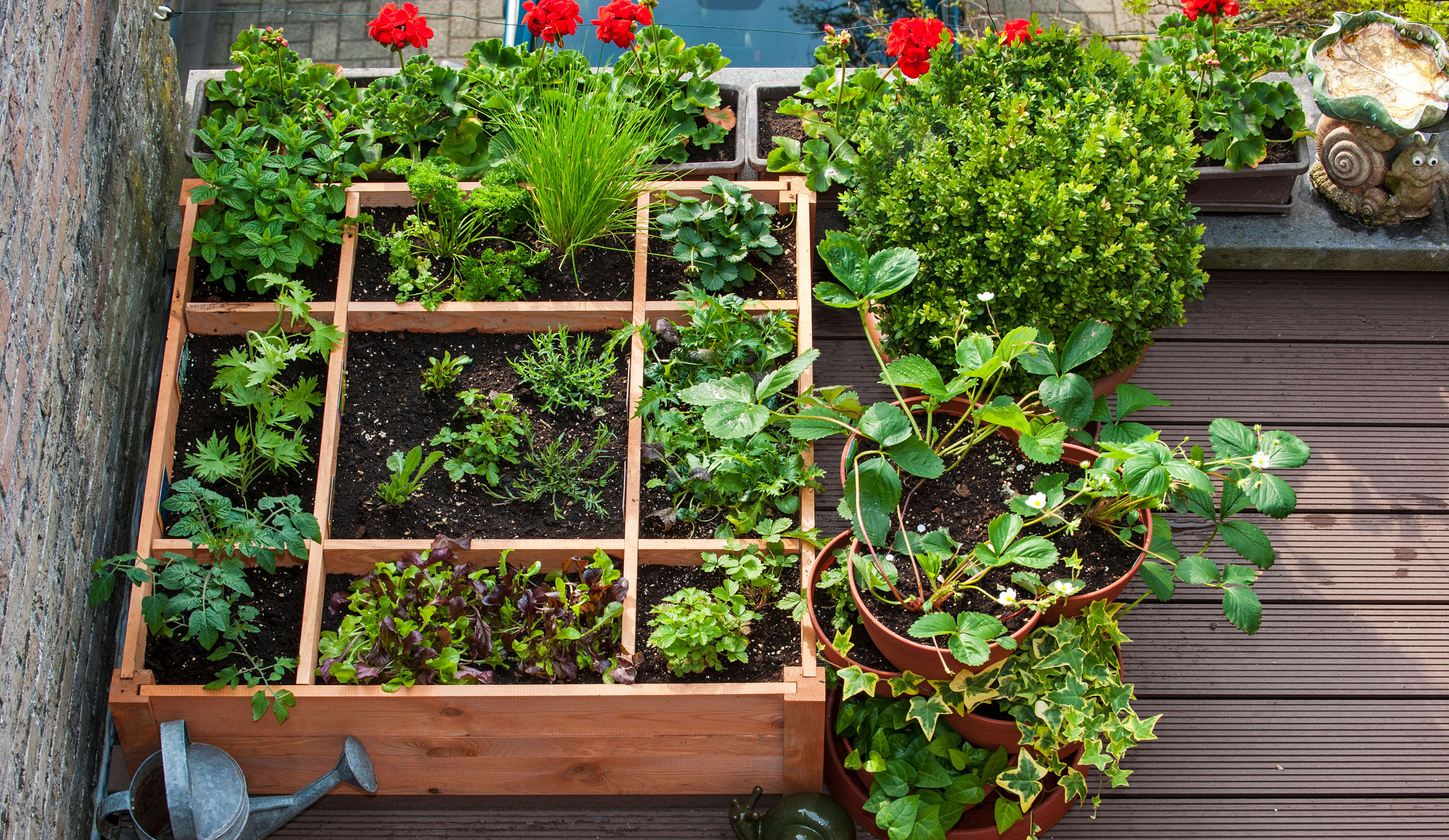Balcony Organic Gardening, Top Tips

Balcony Organic Gardening: Top Tips for Green Thumbs in Small Spaces
Ever dreamed of having a lush garden but live in an apartment with just a balcony? Don't let that stop you! Balcony organic gardening is the perfect solution for urban dwellers looking to grow their own fresh produce. Let's dive into some top organic gardening tips for balcony spaces to help you create a green oasis in the sky.
Why Balcony Organic Gardening?
Balcony gardening isn't just about pretty plants. It's about growing fresh, pesticide-free food right at your doorstep. Plus, it's a great way to reduce stress and connect with nature. So, let's roll up our sleeves and get started!
Know Your Balcony
Before you start, it's crucial to understand your balcony's microclimate. Does it get a lot of sun or is it mostly shady? Is it windy? Knowing these details will help you choose the right plants.
Container Gardening: Pots Matter!
In balcony gardening, containers are your garden beds. Choose pots with good drainage to prevent waterlogging. Terracotta pots are great but can dry out quickly. Plastic pots retain moisture but can heat up in the sun. Choose wisely!
Size Matters: Plant Selection
Opt for compact, dwarf varieties of plants that don't mind being cozy. Herbs, leafy greens, and cherry tomatoes are great choices. Remember, the smaller the plant, the less space and care it needs.
Vertical Gardening: Maximize Space
Don't have much floor space? Go vertical! Use trellises, shelves, or wall-mounted planters to maximize your balcony's potential. Plus, it adds a stunning visual element to your space.
Composting in Small Spaces
Composting isn't just for big gardens. You can compost in small spaces too! Use a small, lidded bin for your kitchen scraps and add it to your plants for a nutrient boost. Just remember to maintain a good balance of greens and browns.
Organic Fertilizers: Feed Your Plants Right
Synthetic fertilizers are a no-no in organic gardening. Opt for organic fertilizers like compost, manure, or seaweed extracts. They're gentler on the environment and your plants will love them.
Water Wisely
Balcony gardens can dry out quickly, especially in hot, windy conditions. Water your plants regularly but avoid overwatering. A good rule of thumb is to water when the top inch of soil feels dry.
Balcony Herbs: A Must-Have
Herbs are the perfect balcony plants. They're compact, low-maintenance, and you can use them in your cooking. Basil, mint, parsley, and thyme are great starters.
Pest Control: The Organic Way
Pests can be a nuisance, but don't reach for the chemical sprays. Use organic methods like neem oil, soap sprays, or introduce beneficial insects like ladybugs.
Rotate Your Crops
Just like in large-scale farming, crop rotation is essential in balcony gardening. It helps prevent disease and keeps your soil healthy. So, switch up your plants every growing season.
Be Patient and Enjoy the Process
Gardening is a journey, not a destination. Don't be disheartened if something doesn't grow as expected. Learn from it and try again. That's part of the fun!
Get Inspired: Organic Gardening Resources
There's a wealth of information out there for organic gardeners. Check out this guide from Gardeners.com for more organic gardening tips. It's a fantastic resource for both beginners and seasoned gardeners.
Conclusion
Balcony organic gardening is a rewarding hobby that turns your small outdoor space into a green sanctuary. With these organic gardening tips for balcony spaces, you're well on your way to growing your own fresh, organic produce. So, what are you waiting for? Get planting!
FAQs
Q: What are the best vegetables for balcony gardening?
A: Leafy greens like lettuce and spinach, root vegetables like radishes, and compact varieties of tomatoes and peppers do well in balcony gardens.
Q: How often should I water my balcony garden?
A: It depends on the weather and your plants, but a good rule is to water when the top inch of soil feels dry.
Q: Can I grow fruits in my balcony garden?
A: Yes! Strawberries, blueberries, and even dwarf varieties of fruit trees can thrive in containers.
Q: How do I deal with strong winds on my balcony?
A: Choose sturdy plants and use heavy pots that won't topple over. You can also create a windbreak with a trellis or screen.
Q: What if I don't have a lot of sunlight on my balcony?
A: Opt for shade-loving plants like mint, parsley, and leafy greens. You can also use reflective surfaces to maximize available light.
0 Response to "Balcony Organic Gardening, Top Tips"
Post a Comment